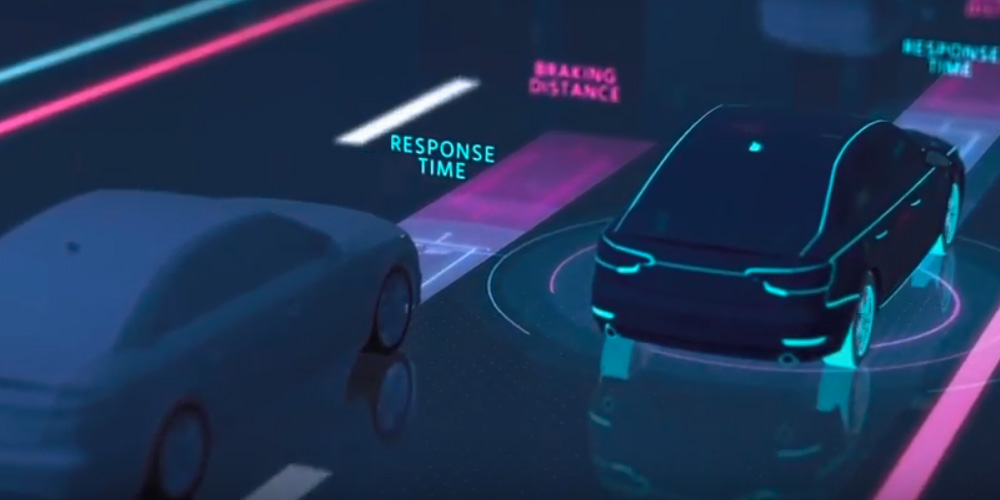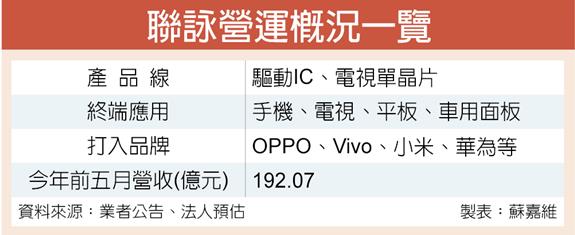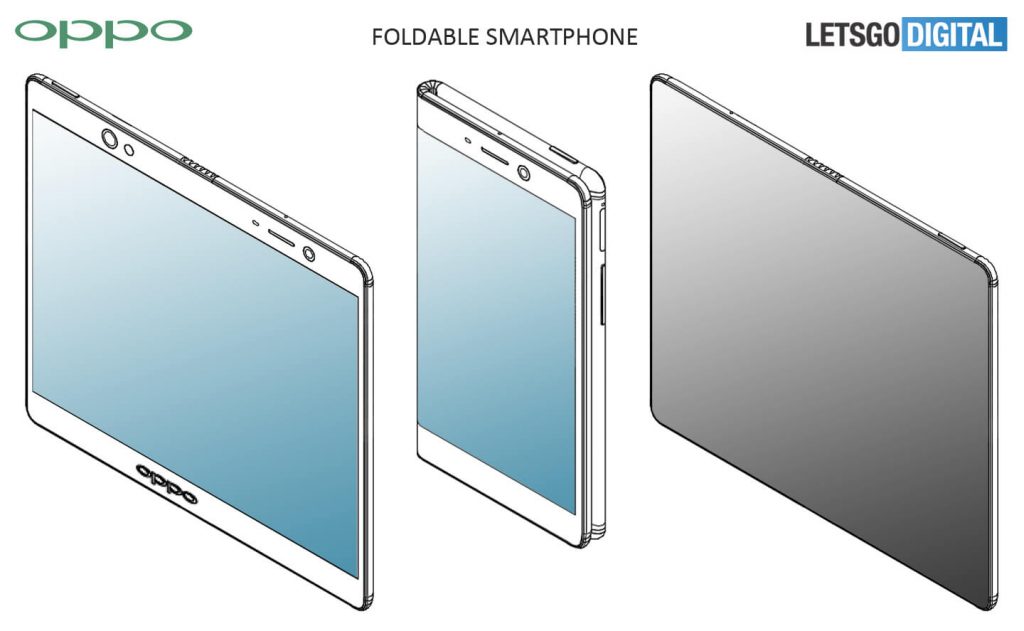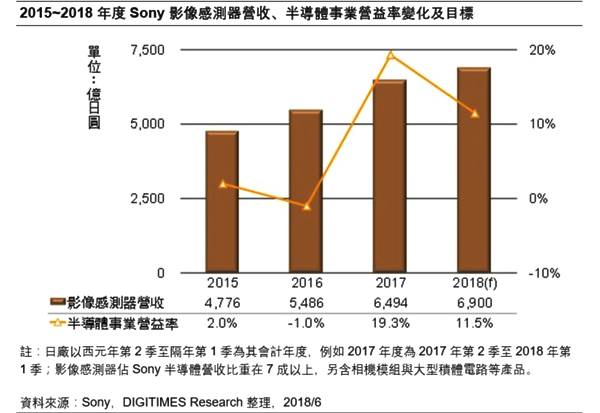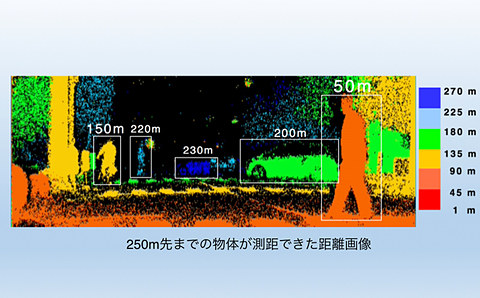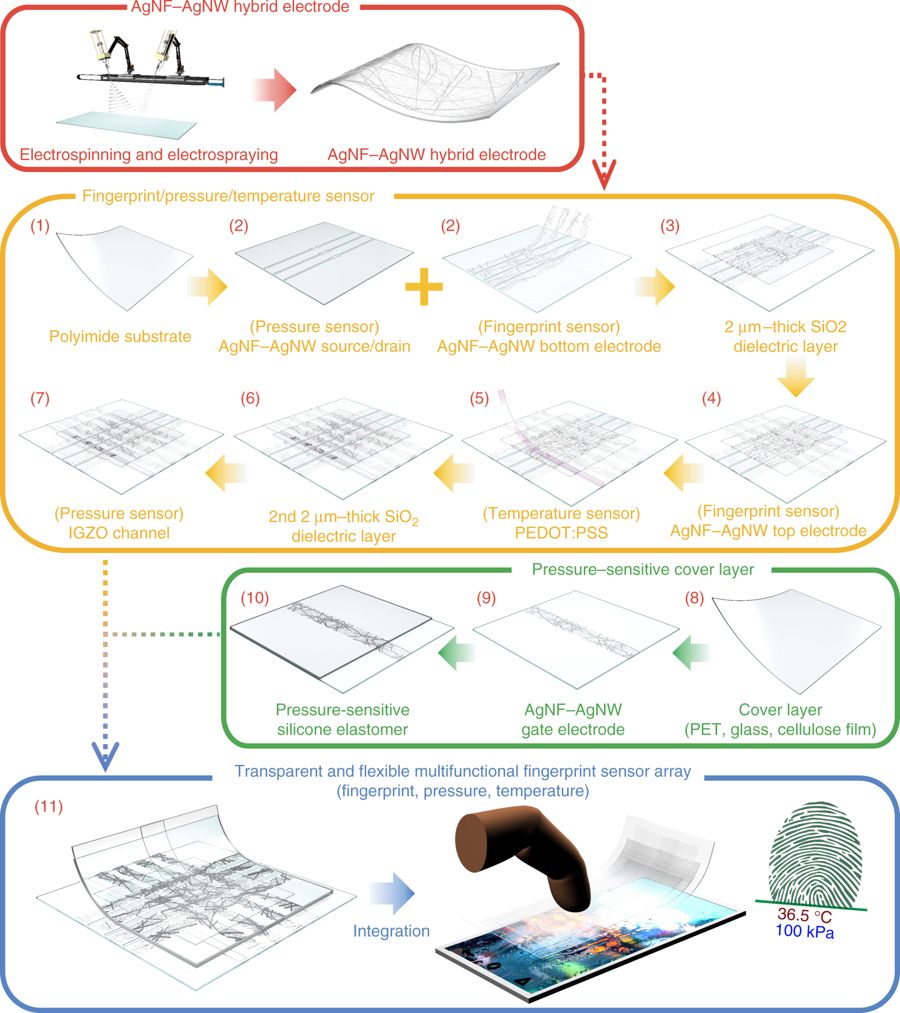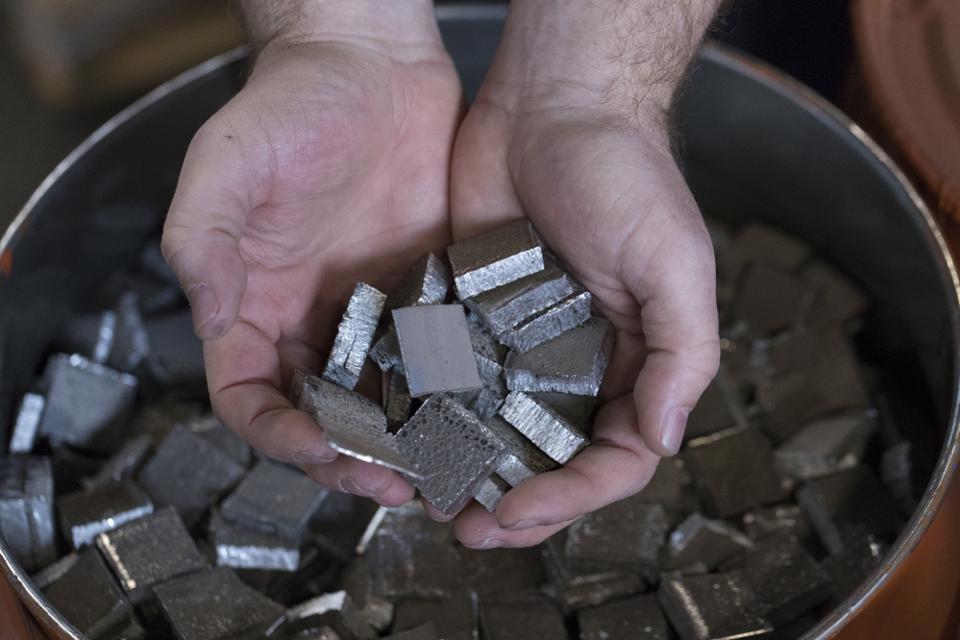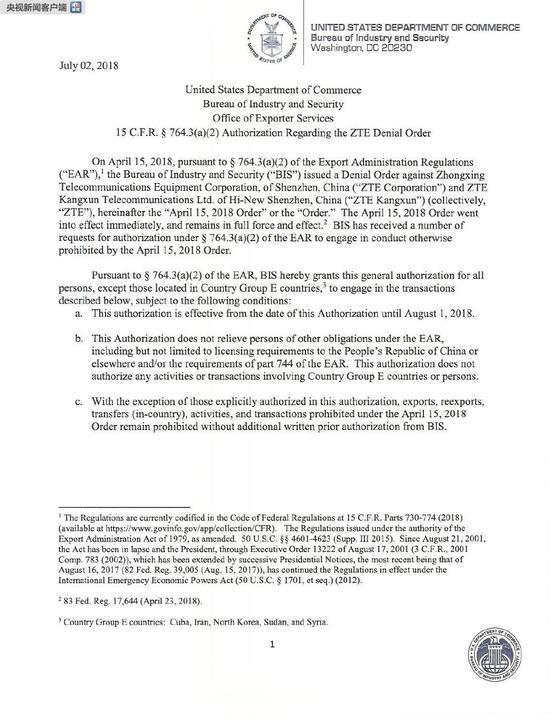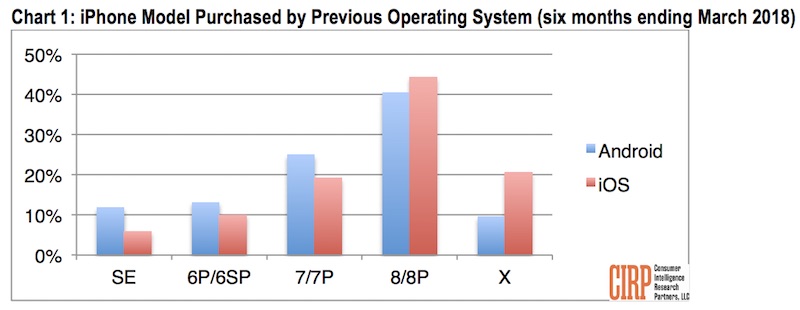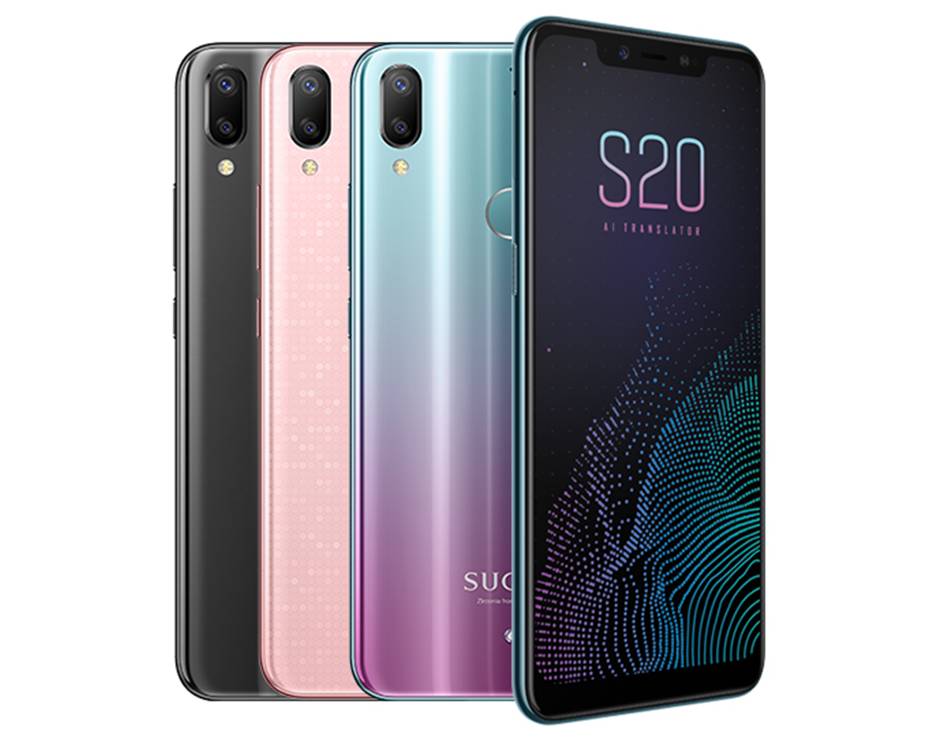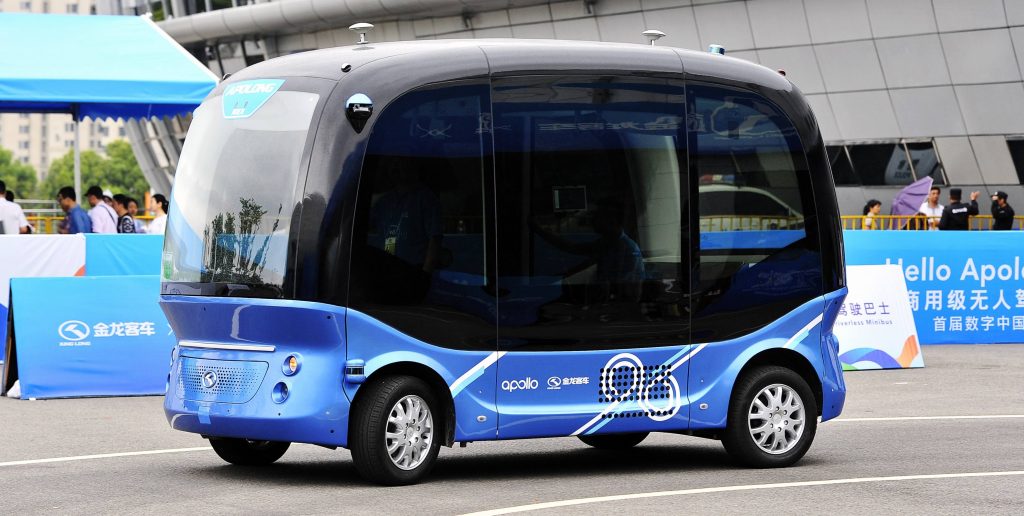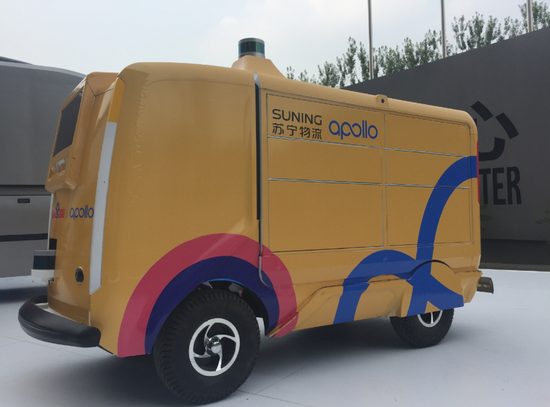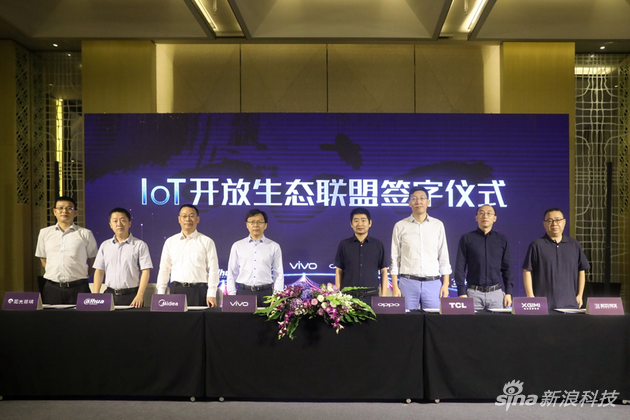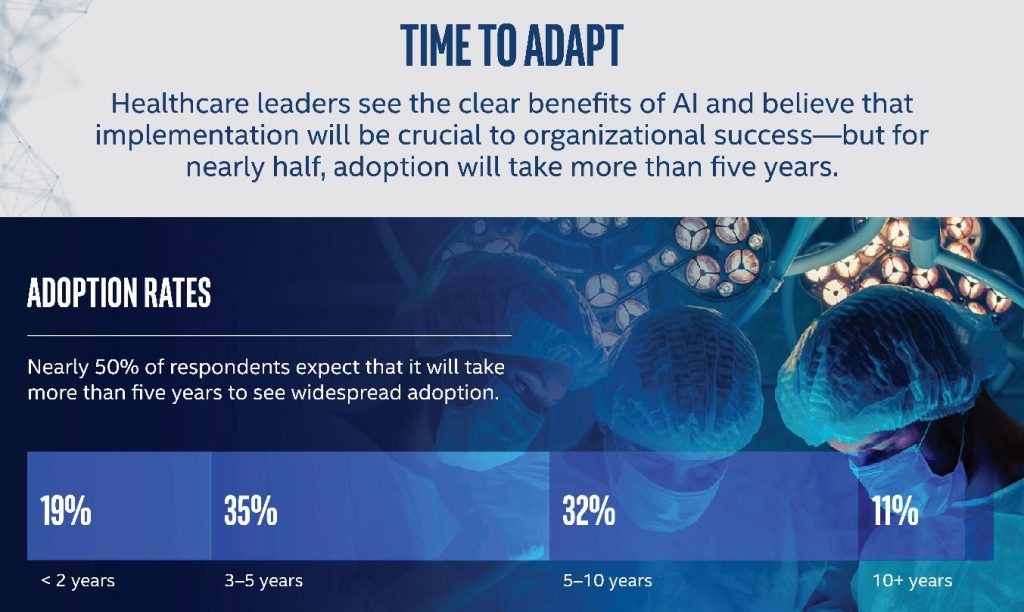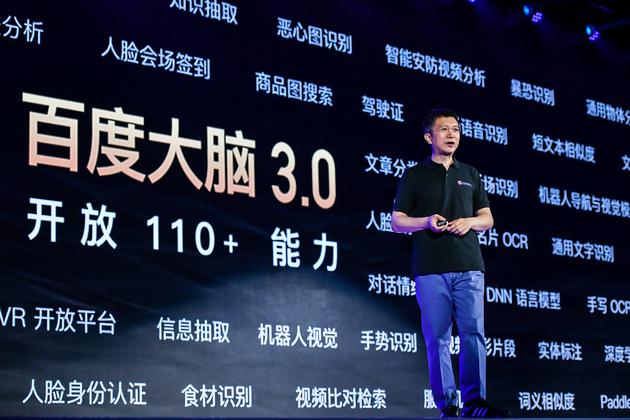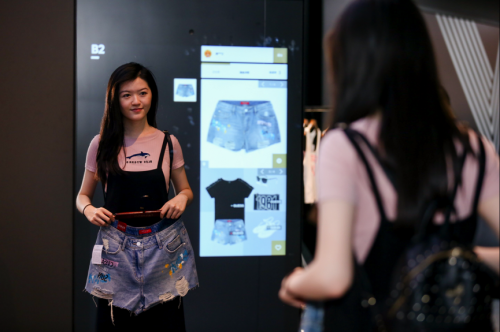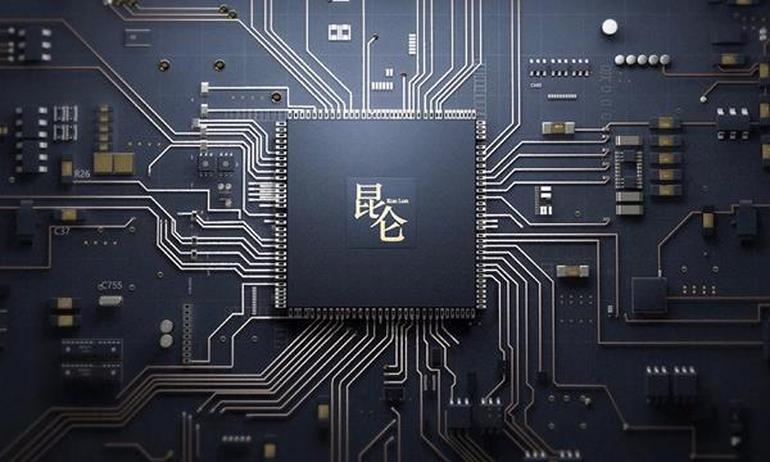
07-04 Happy Independence Day: Baidu’s series of AI-related announcements; ZTE is allowed to resume some of its operations in the U.S. until 1 Aug 2018; etc.
Chipsets
Baidu has announced a new AI-focused processor dubbed Kunlun, which the company claims is capable of handling both datacentre and edge workloads. Kunlun will include the 818-300 training chip, and the 818-100 for inference. The chips is made with Samsung’s 14nm process, have 512GBps memory bandwidth, capable of 260 tera operations per second at 100 watts. (CN Beta, GizChina, ZDNet, Globe Newswire, BJ News)
Intel and Baidu have announced an agreement that will see Baidu adopt technology and practices from Intel subsidiary Mobileye as part of its own self-driving car programs. Baidu will adopt Mobileye’s Responsibility Sensitivity Safety (RSS) model in both its open-source Project Apollo and commercial Apollo Pilot autonomous-car development programs. Baidu will also use Mobileye’s Surround Computer Vision Kit hardware suite as part of an autonomous-driving system that will be marketed in China. (Digital Trends, VentureBeat, Intel, Sohu)
Touch Display
Novatek’s TDDI product has been adopted by OPPO, vivo, Xiaomi and will supply to Huawei in 3Q18. Novatek’s 3Q18 revenues will benefit from huge orders of TDDI, and with the well shipment for TV system SoC. (Laoyaoba, CTEE)
OPPO has filed patents for foldable smartphone designs. The patents were filed with WIPO (World Intellectual Property Organisation) under the titles ‘Rotation Mechanism and Foldable Mobile Terminal’ and ‘Hinge assembly, rotation mechanism and foldable mobile terminal’. (GizChina, Mobilesyrup, Sohu, LetsGoDigital, Sina)
Camera
Global shipments of CMOS as well as CCD image sensors will exceed USD15B in value in 2020, Digitimes Research estimates. The shipment value increased by over 15% on year to USD12.2B in 2017. Industry leader Sony will be aggressively expanding its presence in the automotive segment in 2018, while encountering a slowdown in demand for smartphones, Digitimes Research believes. (Digitimes, press, iFeng)
Sensory
Panasonic has developed a time-of-flight (TOF) image sensor that uses avalanche photodiode (APD) pixels and is capable of capturing range imaging of objects up to 250m even at night with poor visibility. The sensor can be applied in a variety of fields including automotive range imaging and wide-area surveillance in the dark. (Laoyaoba, Digitimes, Impress, Panasonic)
Biometrics
Samsung Display-UNIST Center at the Ulsan National Institute of Science and Technology in South Korea have developed a transparent, flexible fingerprint scanner that can be embedded in a smartphone’s display that can measure pressure and temperature. (CNET, TechRadar, Nature, CN Beta)
Battery
As manufacturers make lithium-ion batteries as cheap as they can, they are removing valuable elements that make them worthwhile to recycle, according to the Electric Power Research Institute. The cost of cobalt, which is used as a cathode material in batteries, jumped from USD32,500 at the beginning of 2017 to USD81,000 in Mar 2018, according to the Royal Chemistry Society. Battery manufacturers have responded by redesigning batteries to minimize cobalt. (CN Beta, EPRI, Forbes)
Phone
The United States Department of Commerce is allowing ZTE to resume some of its operations in the U.S. until 1 Aug 2018. ZTE will be able to “engage in commercial transactions needed to maintain existing networks and equipment in the United States”. (Android Central, Android Headlines, Reuters, CN Beta)
A Texas Texarkana District Court has ruled that ZTE has infringed on 7 of Maxell’s patents and the company is required to pay USD43M. Maxell claims that since 2013, it has been trying to negotiate with ZTE on patent licensing, but ZTE has refused to purchase authorization though it admitted to using some of Maxell’s technology. Therefore, Maxell believes that ZTE intentionally infringed its patent. (GizChina, Reuters, Bloomberg Law, iFeng, Sohu)
According to Consumer Intelligence Research Partners (CIRP), in Sept 2017 – Mar 2018, Android purchasers tend to gravitate towards both larger and cheaper iOS running models. It turns out 15%~20% of new iPhone purchases are made by former Android users. (Mac Rumors, GizChina, Sohu)
Sugar S20 is announced in China, equipped with translator that supports 104 languages – 6.18” 1080×2246 FHD+, Qualcomm Snapdragon 450, rear dual 12MP-5MP + front 16MP, 4GB+64GB, Android 8.1, 3500mAh, CNY1999. (CN Beta, Laoyaoba, Sogi, KOCPC)
Automotive
Baidu is tying up with SB Drive, a subsidiary of SoftBank Group, to enter Japan’s autonomous vehicle market. They will plan to start vehicle testing by the end of 2018. China’s Xiamen King Long United Automotive will build the bus. The companies hope to ship ten buses by 2019 and to begin commercialization at a later date. (Laoyaoba, Asia Nikkei, Seeking Alpha)
Suning Logistics and Baidu’s self-driving business unit have jointly announced working together to accelerate self-driving technology development for logistics, and by 2020 to make self-driving mass for delivery service as well as mass production. (CN Beta, TechCrunch, Globe Newswire)
Internet of Things
OPPO, vivo, TCL and a number of technology corps have signed collaboration to form an IoT open ecosystem alliance, aiming to build a universal standard for IoT products, which will make the application development easier and seamless. (Laoyaoba, PC Pop, Sina)
Artificial Intelligence
Intel has conducted a survey in partnership with Convergys Analytics in which 200 U.S. healthcare decision-makers took part. The survey focused on attitudes to artificial intelligence (AI) and perceived barriers to its adoption. In terms of adoption rates, 19% of those surveyed said that is would take under two years for AI to be widespread in healthcare, 35% said it would take 3-5 years, 32% believe it will take 5-10 years, and just 11% think it will take more than ten years. Of the participants, 37% already use AI today, but mostly in a limited capacity. (CN Beta, Neowin, Intel, infographic)
Baidu has announced an upgrade to its suite of AI services, along with the release of Baidu Brain 3.0. The upgraded platform can supply simple drag-and-drop training of AI models, and it currently offers 110 AI services, ranging from computer vision to natural language processing to facial recognition software. (VentureBeat, Silicon Angle, V3, CN Beta)
Alibaba is showcasing its artificial intelligence (AI) system with a concept store in Hong Kong that could recommend next outfit with an ability to “learn” the latest fashion trends and tips from analysis of data generated by Alibaba’s ecosystem. Alibaba’s FashionAI brings AI to the fashion world and offers customers personalized mix-and-match recommendations. (CN Beta, Alibaba Cloud, Asia One)
Fintech
European blockchain trading platform we.trade confirmed it has completed its first live operations, involving 20 companies and 5 major banks. The blockchain platform, which claims to provide a “more efficient and cost effective way” for banks and businesses to trade worldwide, uses IBM’s Blockchain Platform, powered by Hyperledger Fabric. (CN Beta, TNW, Coin Telegraph, Rabobank, we.trade)
